Director Ziad Doueiri’s Lila Says is a portrait of how sexual and racial tension, coupled with young passion and innocent curiosity can create a very volatile mix. Lila starts out as the title character has just moved into a predominantly Arab neighborhood in France. She encounters 19 year old Chimo as he is hanging out with his loser friends on the streets, going nowhere and wasting his budding talent as a writer. They exchange glances, as his overbearing buddies gawk, drool and make cat calls at her.
What follows is a thoroughly engaging, if tragic, love story, between Chimo and Lila, with more sexual titillation than I have seen on screen in some time. The bond between the two characters is resoundingly believable. Lila’s words are more erotic than most overtly sexual films I’ve seen. She constantly baits Chimo, asking him to look up her skirt, telling him about her sexual conquests, odd positions she’s attempted and how it feels to have a penis in such a small mouth. All this before the age of 16, apparently. This reduces Chimo to nothing more than a mountain of confused hormones, with a constant look of shock and fear on his face. He grins with the thought of being with her at one moment, then grimaces at the idea of her with one of her many other lovers. Teenage love in all its glory.
Lila is seen as much a negative by his friends as his writing abilities, and his mother is so self-absorbed with the lose of her husband to another woman, that she doesn’t give him the advice nor the encouragement he needs to make the right decisions.
So he is left with Lila to be his guiding light. Ultimately, she will change his life forever, as he begins to see her as more than just the girl he loves, more than the girl that’s always on his mind, but the girl who set his mind free.
Lila Says is a thoroughly enjoyable film, with brilliant acting by Vahina Giocante as Lila and Mohammed Khouas as Chimo.





















![Dr. Goldfoot and the Bikini Machine Actress Pamela Rodgers Publicity Photo [230215-15]](https://www.filmfetish.com/img/p/2023/02/230215-15-pamela-rodgers-85x11-web-170x170.jpg)
![21 Original Press Publicity Photos of Marlon Brando [PHO882]](https://www.filmfetish.com/img/p/2020/09/photo-lot-pho882-003-170x170.jpg)
![Nikita Actors Shane West, Maggie Q and Lyndsy Fonseca Photo [221114-3]](https://www.filmfetish.com/img/p/2022/11/221114-3-11x85-web-170x170.jpg)









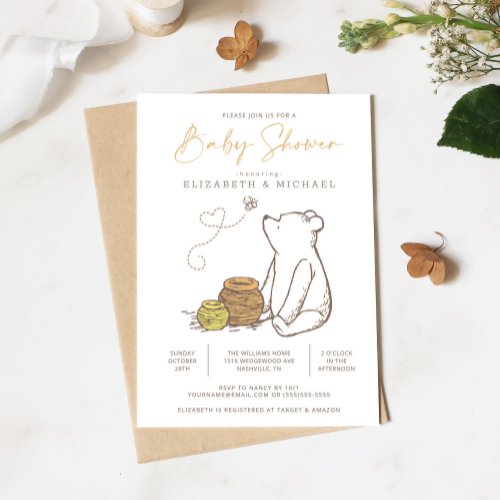
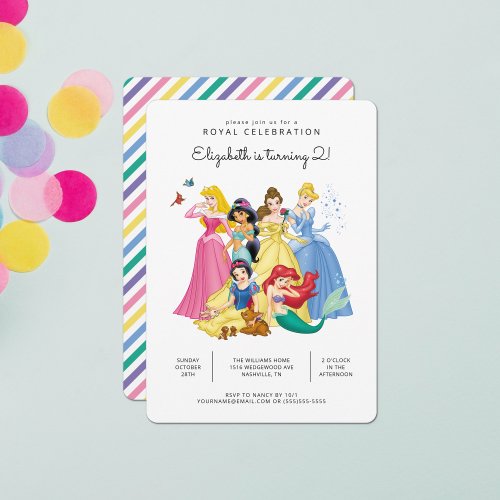
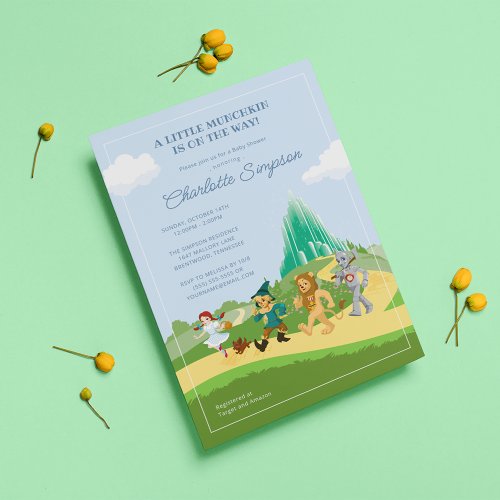
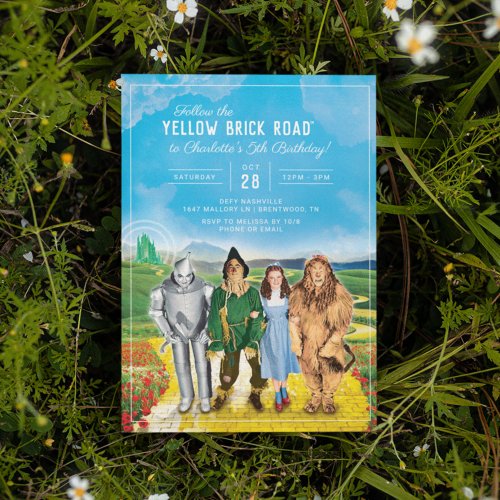






























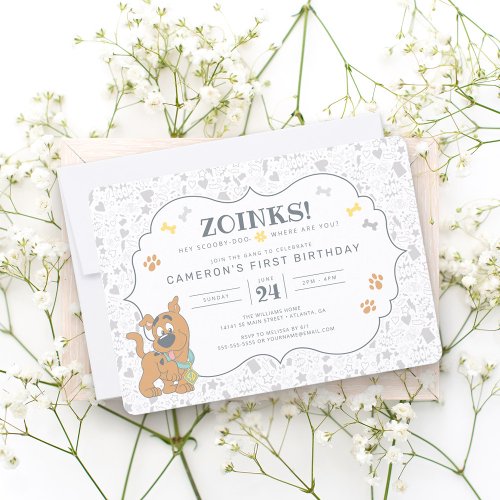





![Star Wars: Episode I – The Phantom Menace Darth Maul CommTech Chip Action Figure (1998) [1237]](https://www.filmfetish.com/img/p/2020/02/star-wars-darth-maul-1237-01-170x170.jpg)
![DC Comics Alan Moore’s Watchmen Number 1 First Printing (September 1986) [12213]](https://www.filmfetish.com/img/p/2020/02/watchmen-comic-1-12213-01-170x170.jpg)
![Set of 7 Original Movie Publicity Press Photos [F90]](https://www.filmfetish.com/img/p/2021/06/publicity-photos-f90-01-170x170.jpg)
![Jet Magazine (Feb 21, 2005) Morgan Freeman Jamie Foxx Sophie Okonedo Chris Rock Don Cheadle [9095]](https://www.filmfetish.com/img/p/2022/04/jet-mag-9095-01-170x170.jpg)

![Mississippi Burning (1989) Original 25×38 inch Promotional Movie Poster [J25]](https://www.filmfetish.com/img/p/2021/07/mississippi-burning-j25-01-170x170.jpg)
![Richard Burton, O.J. Simpson and Lola Falana in The Klansman (1974) Original Lobby Card [K48]](https://www.filmfetish.com/img/p/2023/01/P1470970--170x170.jpg)

![Original Soundtracks and Hit Music from Great Motion Picture Themes Vinyl Edition (UAL 3122) [C49]](https://www.filmfetish.com/img/p/2021/01/great-motion-picture-themes-vinyl-c49-01-170x170.jpg)